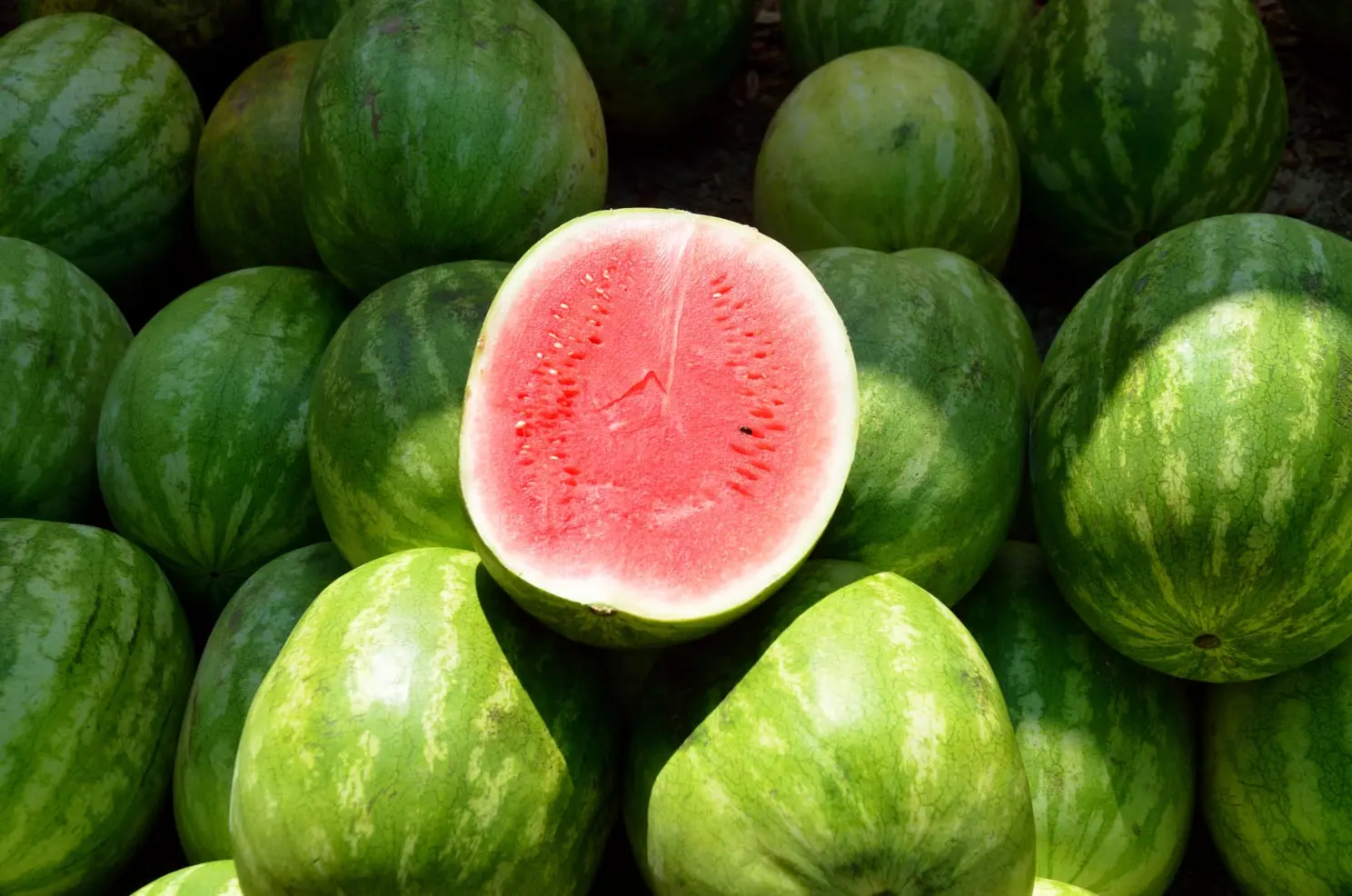Weight Equivalents: Watermelon

Crisp, Juicy, Refreshing
Melon Image by Paul Brennan from Pixabay
Origin and History:
Watermelons are believed to have originated in the arid regions of Africa, possibly in the Kalahari Desert. Evidence of watermelon cultivation can be traced back to ancient Egypt, where they were depicted in hieroglyphs and even placed in the tombs of pharaohs. From there, watermelons spread to other parts of the Mediterranean region, Asia, and eventually the rest of the world through trade and exploration.
Types
There are several varieties of watermelons, each with its own unique characteristics. Some of the most popular types include:
Seedless Watermelon: Known for its convenience, seedless watermelons are created through hybridization.
Picnic Watermelon: Large, oval-shaped watermelons perfect for gatherings. They often have a thick rind and juicy, sweet flesh.
Icebox Watermelon: Smaller and more manageable, these watermelons are ideal for personal consumption.
Yellow/Orange Flesh Watermelon: These varieties have a vibrant, citrus-like flavor and come in both seedless and seeded options.
Mini Watermelon: Perfectly portioned for one or two people, mini watermelons are increasingly popular in grocery stores.
Uses:
Watermelons are incredibly versatile and can be used in a variety of dishes and beverages:
Fresh Eating: Simply cut and serve as a refreshing snack.
Salads: Combine watermelon cubes with feta cheese, mint, and a drizzle of olive oil for a delightful summer salad.
Smoothies: Blend watermelon with other fruits for a hydrating smoothie.
Cocktails: Watermelon juice makes a great base for cocktails such as watermelon margaritas or mojitos.
Grilled: Watermelon can be grilled for a unique, smoky flavor.
How to Choose
When selecting a watermelon, keep these tips in mind:
Look for Uniform Shape: Choose a watermelon that is symmetrical and free of bruises, dents, or cuts.
Check the Field Spot: The creamy, yellowish spot where the watermelon rested on the ground should be prominent. The deeper the color, the riper the fruit.
Feel the Weight: A ripe watermelon should feel heavy for its size, indicating high water content.
Tap Test: Give the watermelon a gentle tap. A deep, hollow sound suggests it's ripe and ready to eat.
Substitutes
While nothing quite matches the taste of watermelon, you can use other fruits as substitutes in recipes:
Cantaloupe: Similar in texture, though different in flavor.
Honeydew Melon: Mild and sweet, making it a good substitute in salads and smoothies.
Pineapple: Adds a tropical twist to dishes and beverages.
Potential Health Benefits
Watermelons are not only delicious but also packed with nutrients:
Hydration: With over 90% water content, watermelons are excellent for staying hydrated.
Nutrient-Rich: They are a good source of vitamins A, B6, and C, as well as antioxidants like lycopene, which may help reduce the risk of certain cancers.
Heart Health: The amino acid citrulline found in watermelons can help improve blood flow and reduce blood pressure.
Anti-Inflammatory Properties: The antioxidants in watermelons may help reduce inflammation and oxidative
Digestive Health: The fiber content supports healthy digestion.
🍉
